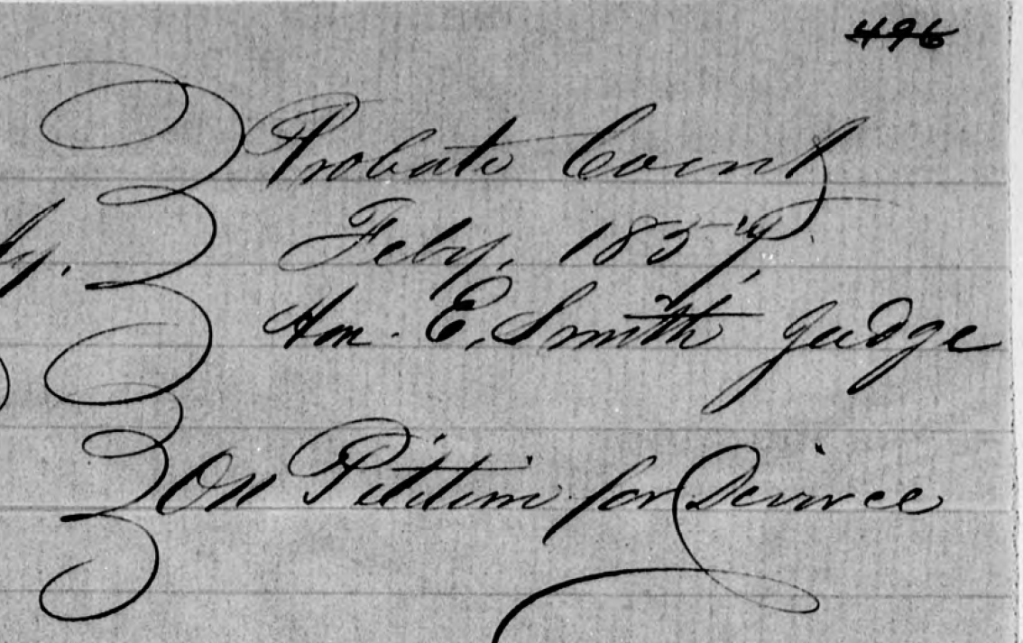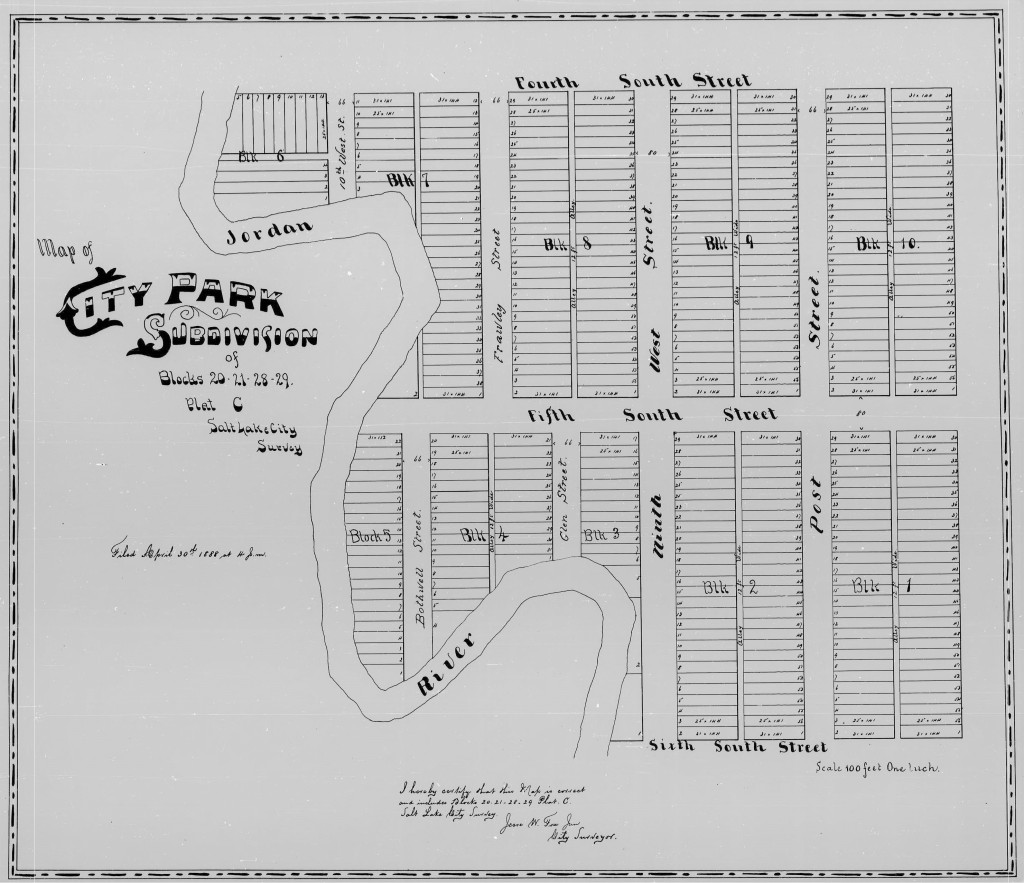
New records series that are now available on our Digital Archives page include:
Salt Lake County Civil and Criminal Court Docket Books and Minute Books, 1852-1887. Series PC-304 and PC-305. Includes divorce cases. The corresponding Civil and Criminal Court Case Files will be uploaded as they are digitized.
Salt Lake County Land Claim Record Books, 1871-1894. Series PC-010. Administrative records supporting the process leading to the granting of Land Title Certificates (see below).
Salt Lake County Land Title Certificates, 1851-1895 (bulk 1870s). Series PC-001. Now searchable and viewable online through last names beginning with “R.”
Salt Lake County Planning Commission Meeting Minutes, 1944-2019. Series PD-027.
Salt Lake County Plat Maps, 1962-1963. Series RC-106. Includes some Pioneer Plat Maps, 1852-1892.



